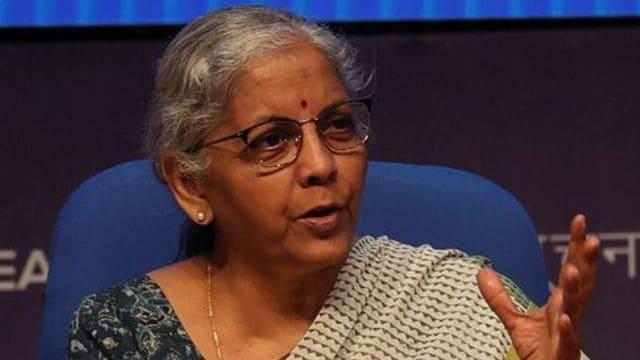
Govt Directs Banks to Remain Fully Alert Amid India-Pak Conflict
The ongoing tensions between India and Pakistan have taken a new turn, with the Indian government issuing a directive to banks and financial institutions to remain fully alert and prepared to deal with any eventuality or crisis. In a recent review meeting on cybersecurity, Finance Minister Nirmala Sitharaman urged banks to conduct regular audits of their cybersecurity systems to prevent potential cyber attacks from Pakistan.
The move comes as a precautionary measure to ensure the stability and security of the Indian financial system, which is crucial for the country’s economic growth. Sitharaman emphasized the importance of banks and financial institutions being proactive in identifying and addressing potential vulnerabilities in their systems.
According to reports, Sitharaman asked banks to prioritize cash in ATMs and ensure non-disruptive physical and digital services. The Finance Minister also directed banks to maintain a round-the-clock firewalling system to prevent any unauthorized access to their systems.
The government’s directive is seen as a prudent measure to mitigate the risks associated with cyber attacks, which can have devastating consequences on the financial system. Cyber attacks have become a major concern for banks and financial institutions in recent years, with hackers increasingly targeting vulnerable systems to steal sensitive data and disrupt operations.
The India-Pakistan conflict has been escalating in recent weeks, with both sides exchanging fire and accusing each other of ceasefire violations. The situation has raised concerns about the potential for a larger conflict, which could have far-reaching consequences for the region and the global economy.
In the wake of the rising tensions, the Indian government has taken a series of measures to strengthen the country’s security apparatus. The government has deployed additional troops to the border, and has also increased surveillance and intelligence gathering to prevent any potential attacks.
The directive to banks and financial institutions is part of a broader effort to ensure the country’s financial stability and security. The government has also asked banks to maintain a cash reserve of at least 30% of their total deposits to prevent a cash crunch in case of a crisis.
The move has been welcomed by industry experts, who have praised the government’s proactive approach to addressing the cybersecurity risks associated with the India-Pakistan conflict. “The government’s directive is a welcome move, and we appreciate the Finance Minister’s emphasis on the importance of cybersecurity,” said a spokesperson for the Indian Banks’ Association.
The government’s efforts to strengthen the country’s cybersecurity infrastructure have been ongoing for some time, with a focus on identifying and addressing potential vulnerabilities in the system. The government has also established a dedicated cybersecurity agency, which is responsible for coordinating the country’s cybersecurity efforts.
In conclusion, the government’s directive to banks and financial institutions to remain fully alert and prepared to deal with any eventuality or crisis amid the India-Pakistan conflict is a prudent measure to mitigate the risks associated with cyber attacks. The move is part of a broader effort to ensure the country’s financial stability and security, and is a testament to the government’s commitment to protecting the country’s economic interests.






